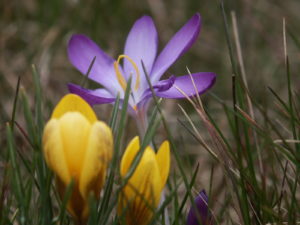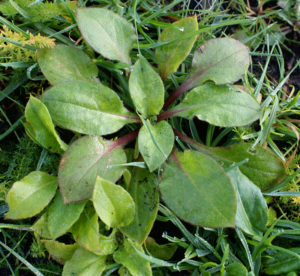We all remember the winter of 2010, we all had to endure one of the coldest Decembers on record. However in contrast, the winter of 2011 has become known for being really mild, in fact 2011 has been recorded as the second warmest winter on record, with the warmest winter being recorded in 1988-1989.
The clash of the spring flowers
It has been suggested that the rise in winter temperatures may also affect the fate of our beloved native Bluebell. The British Bluebell (Hyacinthoides non-scripta) is an iconic spring flower. For many of us seeing a woodland displaying a carpet of bluebells is a sure indicator that summer is finally here.
If the UK experiences consecutively warmer winters, other plant species will grow earlier therefore be competing with the bluebells by swamping them for light.
For example plants such as Garlic mustard (Alliaria petiolata) and Cow parsley (Anthriscus sylvestris) have evolved to be rather temperature sensitive. They have a simple tactic whereby they delay their leaf formation until the following spring. The warmer winters have enabled these species to begin leaf growth much earlier than normal, therefore bluebells and snowdrops will be competing with these plants for both light and nutrients. This means that the structure of our woodland flora that we are so familiar with, could very well start to change.
These associated spring flowers are truly confused. We have not yet experienced consecutive hard frosts this winter, and the few frosts we have had have not dropped below -3°C.

How will Wildflower Turf be affected?
Thankfully the wildflowers in our mix are fully hardy and will generally take anything that the British climate has to throw at them. Our Wildflower Turf continued to grow quite vigorously during October and November 2011, settling down for December. This month (January 2012) the Wildflower Turf is looking very green and lush. We may see the emergence of some of the species of perennials starting to flower a little earlier than would normally be expected, should we continue to get mild temperatures.

